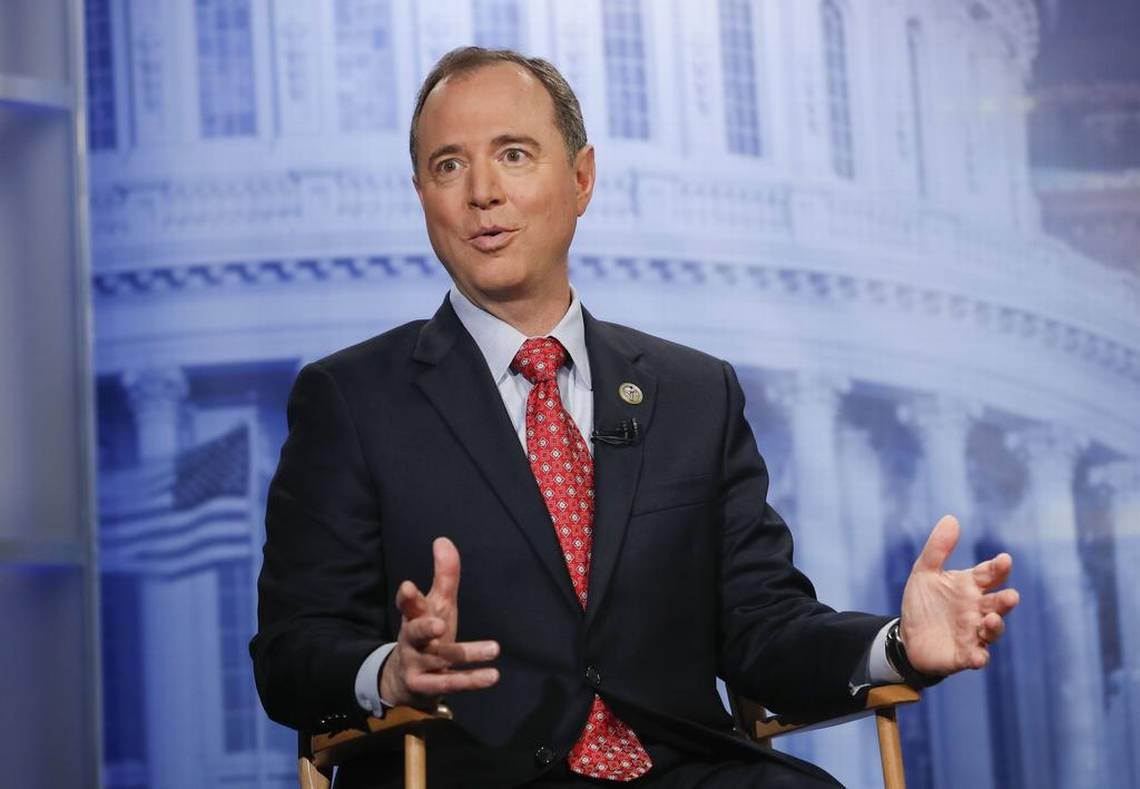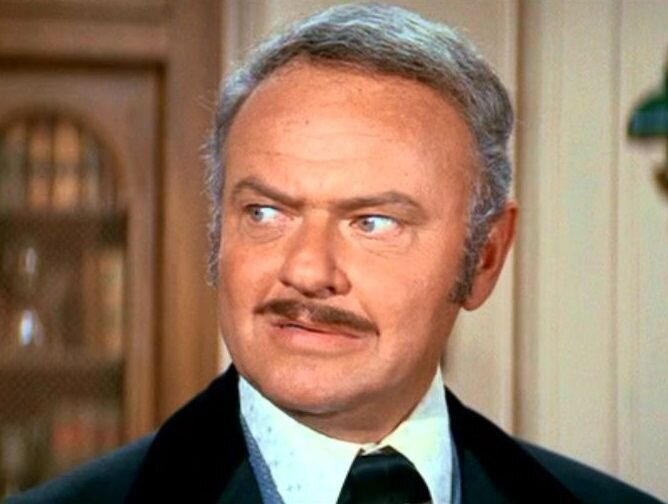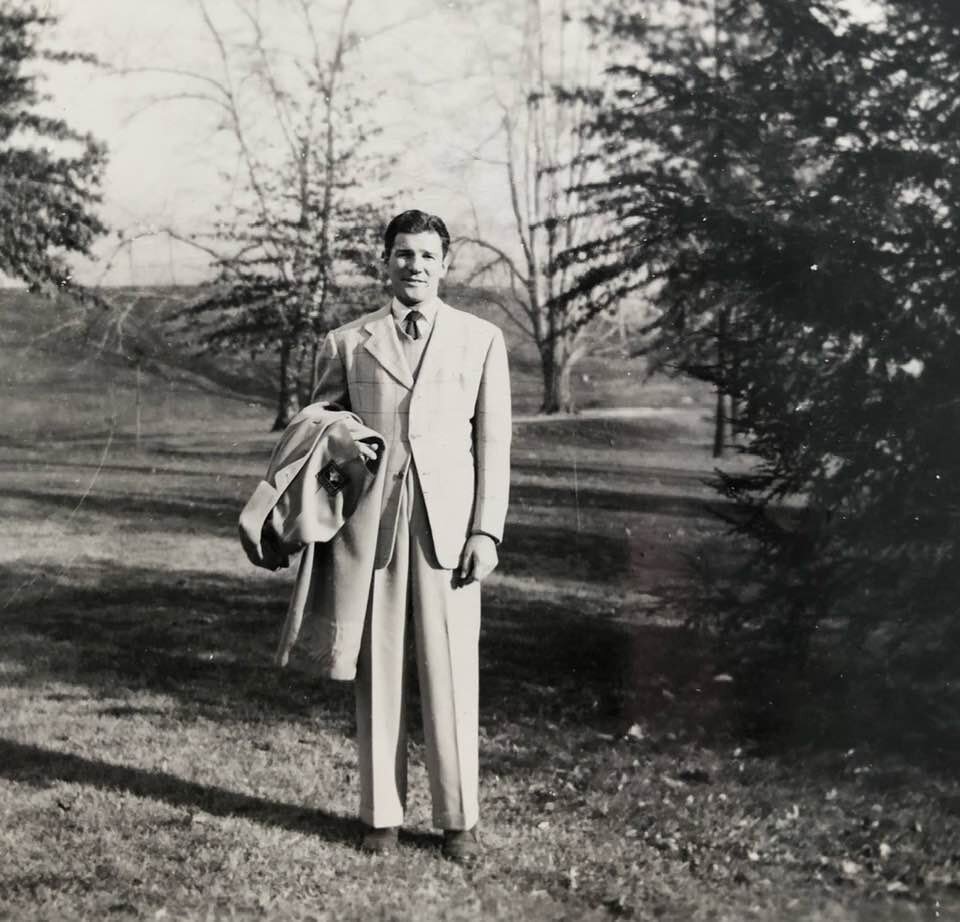Q: What Do Huckleberry Finn, Holden Caulfield and Harry Potter All Have in Common?
A: They have all been central characters in classic novels that were - or still are - banned from many school libraries . . .
To many of us it seems well beyond the bounds of reason; what in the world could be so objectionable about The Adventures of Huckleberry Finn, Catcher in the Rye, or the Harry Potter series as to be worthy of banishment from bookshelves . . . or even worse, being burnt? Many of us remember the war on Catcher in the Rye back in our schooldays; how, for many teenagers, it’s banishment lead us directly to devouring J.D. Sallinger’s only novel-length work. In the day, the guardians of literary mortality found it to be "obscene,” with an "excess of vulgar language, sexual scenes, and things concerning moral issues." I for one found Holden to be one of the most real people in all literature. To this day I can quote him:
"All morons hate it when you call them a moron.”
"I’m always saying ‘Glad to’ve met you’ to someone I’m not at all glad I met. If you want to stay alive, you have to say that stuff, though."
"I don’t give a damn, except that I get bored sometimes when people tell me to act my age. Sometimes I act a lot older than I am - I really do."
"What really knocks me out is a book that, when you’re all done reading it, you wish the author that wrote it was a terrific friend of yours and you could call him up on the phone whenever you felt like it."
My sister Erica (Riki) and I were among the fortunate ones of our generation; our parents didn’t put any restrictions on what we read. There was a pretty large library in our home, and I/we got the benefit of becoming friends with Shakespeare, de Balzac, Mauldin, and Steinbeck if we so chose . . . all of whom were at one time or another banned. (I must admit that my “slightly older sister” wasn’t nearly as much of a reader as her younger brother . . . just a hell of a lot smarter, more sociable and far more well-rounded!)
From the first book banned in the American colonies (Thomas Morton’s three-volume work of history, natural history, satire, and poetry New English Canaan in 1637) through today, the number of famous and meritorious essays and novels banned by bigots and what used to be called “bluenoses” could easily fill a mid-size, small-town bookstore. Among those found to be “irremediably evil” at worst, “decadent” or salacious” at best, were such well-known works as:
Anne Frank: The Diary of a Young Girl, banned for passages that were considered "sexually offensive," as well as for the tragic nature of the book, which some readers felt was a "real downer."
Kate Chopin’s The Awakening (1899), was criticized for being immoral and scandalous, and now is considered an important work in feminist literature.
Aldous Huxley’s Brave New World (1932), was challenged in schools and libraries across the United States for being "centered around negative activity."
Alice Walker’s The Color Purple, frequently challenged and banned for what has been termed "sexual and social explicitness."
John Steinbeck’s The Grapes of Wrath'; banned and challenged for "vulgar" language.” Parents have also objected to "inappropriate sexual references."
William Golding’s The Lord of the Flies; Despite the fact that "Lord of the Flies" was a bestseller, the novel has been banned and challenged — based on the "excessive violence and bad language."
The Scarlett Letter by Nathaniel Hawthorne (1850): censored on sexual grounds. The book has been challenged under claims that it is "pornographic and obscene."
Ulysses by James Joyce (1918): a masterful novel with impenetrable prose, it was banned for obscenity. In the 1930s, the U.S. Postal Service burnt copies sent in the mail.
To Kill a Mockingbird by Harper Lee (1960); still banned in many school and local libraries, Harper Lee’s only novel has been frequently banned and challenged on sexual and social grounds. Not only does the novel discuss racial issues in the South, but the book involves a White attorney, Atticus Finch, defending a Black man against rape charges.
Banning - if not burning - questionable books from public school and municipal libraries is a hot-button issue which rears its ugly head every 2 or 4 years. Thanks to the politically maladroit comment of former Virginia Governor Terry McAulliffe (“I don't think parents should be telling schools what they should teach.") and the fast-tracking of “Critical Race Theory” (CRT) as a central focus of many campaigns, state legislatures and local school boards have made education a central focus for the 2022 midterm elections. Already, several state legislatures - most notably Texas and Oklahoma - have enacted legislation which essentially gives any parent the power to petition for the removal of books they find objectionable.
In Texas, Matt Krause, a Republican in the state House of Representatives, recently went hunting in public-school libraries for any books that might generate “discomfort, guilt, anguish, or any other form of psychological distress because of [a student’s] race or sex.” He then distributed a watch list of 850 books. In parallel, Texas governor, Greg Abbott called for a criminal investigation into the availability of “pornographic” books in public schools. Then, a San Antonio school district pulled 414 books from its libraries in response to the ongoing pressure from Texas lawmakers and a vocal segment of angry parents to limit what children can choose to read.
Just the other day, Oklahoma state Senator Rob Standridge introduced a book-banning bill that would enable parents to challenge books in public schools, setting a $10,000 bounty to be collected by parents for each day a challenged book remains on library shelves. If this sounds somewhat reminiscent of the recent Texas abortion bill (which is now headed for the U.S. Supreme Court), you are correct. The idea of adding the $10,000 per diem bounty on each book makes it a matter of civil - rather than 1st Amendment - concern. In his remarks before the Oklahoma Senate, Standridge justified his proposed legislation in a statement which read: “Our education system is not the place to teach moral lessons that should instead be left up to parents and families. Unfortunately, however, more and more schools are trying to indoctrinate students by exposing them to gender, sexual and racial identity curriculums [sic] and courses. My bills will ensure these types of lessons stay at home and out of the classroom.”
Parents believing a book violates the bill may demand school officials remove it within 30 days. If the book is not removed during this time, the school employee tasked with getting rid of it will be terminated —subject to due process— and prohibited from working at another school for at least two years. Parents may then seek “monetary damages,” according to the bill, including a minimum of $10,000 for each day the challenged book is not removed.
Under Standrige’s second bill, public universities in Oklahoma beginning next year would be prohibited from requiring students to enroll in courses “addressing any form of gender, sexual, or racial diversity, equality, or inclusion curriculum,” which fall outside course requirements for their major.
Many of the books in question do include passages about sex, abortion, race, and sexuality. Some are nonfiction; others are novels. They span several decades in American publishing and include authors who have been awarded Pulitzer, Nobel and Booker Prizes, as well as McArthur “Genius Grants.” In some cases, local school librarians weren’t even aware that the “nasty” books were on their shelves. As will happen when the “. . . censorious zeitgeist swallows up a novel” (in the words of The Guardian’s Luke Winkie), sales of those books goes through the ceiling. It’s nothing new; in 1982, when the United States Supreme Court set the standard for banning books in Board of Education v. Pico, sales of such previously banned works as Henry Miller’s Tropic of Cancer, Theodore Dreiser’s The Genius and Kurt Vonnegut’s Slaughterhouse Five experienced a merchandizing renaissance.
Expect education - and the centrality of parents’ freedom to choose what their children are taught or assigned - to be a central MAGA-pushed issue in the upcoming midterm elections. There is a sick irony at work here: adults, who are repeatedly told that principals, librarians and individual teachers have no right or authority to create curricula for their children, are instead brainwashed into believing that they should heretofore cede that authority to politicians and their deep-pocketed benefactors . . . supposedly in the name of "personal freedom.” Just because a state legislator or local schoolboard member declares that Jenny Nordberg’s The Underground Girls of Kabul: In Search of a Hidden Resistance in Afghanistan, or Jeffrey Eugenides’ Middlesex, or Phyllis Reynolds Naylor’s Reluctantly Alice (all 3 of which are on Texas’ ‘no-no’ list) must be removed from the shelves of public school libraries, doesn’t mean they are experts, authorities or trained literary critics. The first question I would ask of them would be “Can you summarize the book in question?” “Did you actually read it yourself, or are you just taking someone else’s word for it that it’s bad, or salacious or even worse?”
Keep your eyes and ears open in your city, county or state for attempts to muzzle what children can read. And do remember the haunting words of the great German-Jewish poet Heinrich (Harry) Heine (1797-1856), whose haunting words adorn both the Yad va-Shem Holocaust Museum in Jerusalem and the United States Holocaust Memorial Museum: “Where they burn books, they will ultimately burn people as well."
Copyright2022 Kurt F. Stone





























